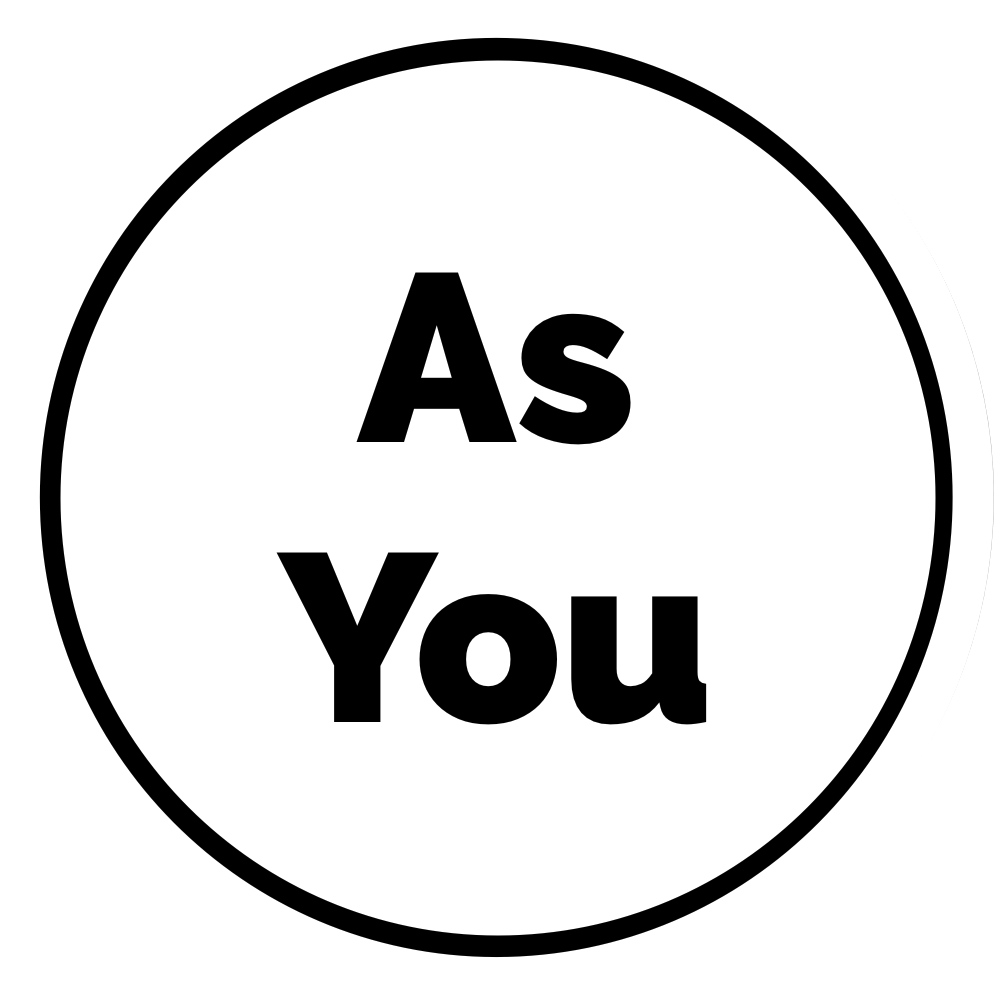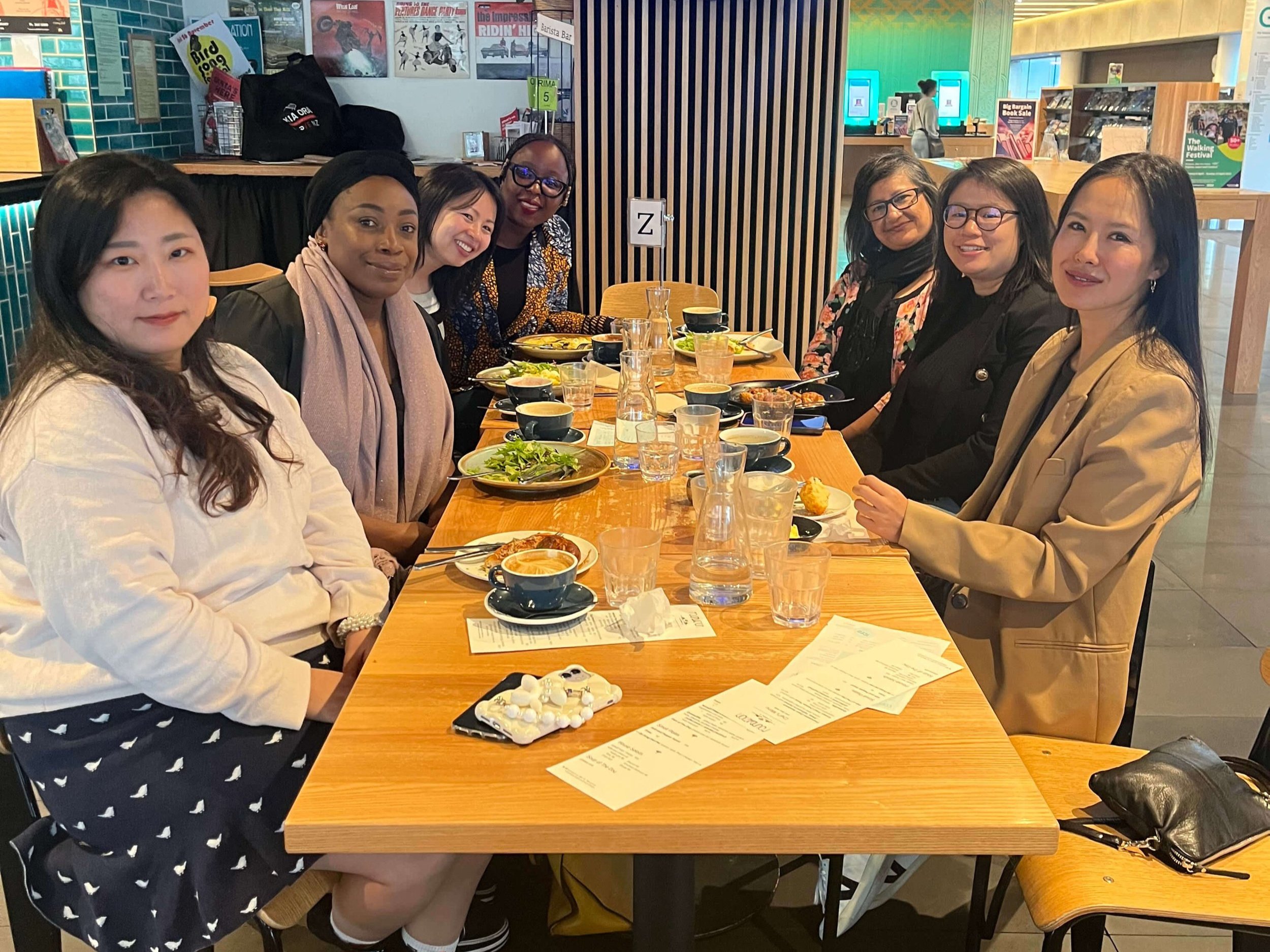The Pain of Being Invisible
Had a fantastic breakfast meet up with women of colour in Ōtautahi Christchurch this month and it inspired me to write this blog post! I want to share the stories that we have talked about. I want those who have experienced similar things to feel they are not alone. I want those who have not experienced similar to be curious and aware, to empathise and feel more confident to say “this is not okay”.
Confused about our identities
We shared the pain of being confused about our identities. This is regardless of whether we were born in Aotearoa New Zealand or immigrated here when young. We all went through the process of assimilation, trying to fit in and questioning who are we and where do we belong. Some of us went on a search for our heritage in our parents' countries but found that we did not really fit in there either.
One of us had a bittersweet moment with her 3 year old son as he yelled across the shopping mall “Mum, she looks just like us!” when he saw another Black person. I certainly remember the two-hour long debate at New Zealand Chinese Association's Leadership Development Camp 10 years ago when we discussed what is the difference between the terms Chinese New Zealanders and New Zealand Chinese.
What I would say is that we need to talk about these struggles, more and louder, because many of us can relate and talking about them validates our experiences, which we often doubt ourselves.
Pain of being invisible
The pain of being invisible is felt acutely when some of us had to create our own box in the Census and questionnaires because several ethnicities and even a whole continent like Africa were not acknowledged. Or in the everyday experience of being Black and not being able to go to a salon that knows how to take care of Black hair.
These might seem like small instances but they are not. Every time we experience it, the more invisible we feel. We get used to this reality of being othered, unacknowledged and underserved. These experiences are like thousand paper cuts chipping away our solid sense of and pride of our unique identity.
Pain of being too visible
Then there is the pain of being visible, too visible. For example, being questioned "Why did you get the job?" and having to justify our work, to being taken as aggressive when wearing a headscarf and being called the N word, to my arse being grabbed on the street to one of us being asked on the street "How much are you?" by a dick (intentional use of dick here)!
These instances get me really angry because different treatments happened and are happening because of our skin colour and that we are women. The intersectionality does not make it easy and if you are a woman of colour and a mum, who works part time and has a disability, imagine the amount of discrimination you will face.
I hope by writing this article you can see yourself in some of the examples and that you do not feel alone in these struggles. For those of you who are allies, I hope you have learnt something about the challenges that women of colour face and feel more confident to spot and call out unfair, unjust and some simply disgusting situations.

